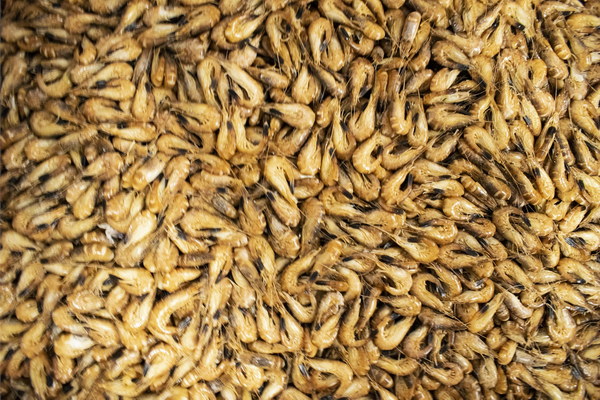Does Yang Fei Qing Fei Pill Help Treat Chronic Obstructive Pulmonary Disease (COPD) An In-Depth Analysis
Introduction:
Chronic Obstructive Pulmonary Disease (COPD) is a prevalent lung disease that affects millions of people worldwide. It is characterized by persistent breathing problems and a gradual decline in lung function. While there is no cure for COPD, various treatments aim to alleviate symptoms and slow down the progression of the disease. One such treatment that has gained attention is the traditional Chinese medicine formula, Yang Fei Qing Fei Pill. In this article, we will explore whether Yang Fei Qing Fei Pill can help treat COPD and its potential benefits and limitations.
Understanding COPD:
COPD is a progressive lung disease that primarily affects the airways and alveoli in the lungs. It is caused by long-term exposure to irritants such as tobacco smoke, air pollution, and occupational dust. Common symptoms include shortness of breath, coughing, wheezing, and chest tightness. COPD is categorized into two main types: chronic bronchitis and emphysema.
The Role of Traditional Chinese Medicine:
Traditional Chinese Medicine (TCM) has been practiced for thousands of years and involves a holistic approach to health and wellness. It focuses on restoring the balance of the body's qi (vital energy) and treating the root cause of illness rather than just the symptoms. TCM utilizes various modalities such as herbal medicine, acupuncture, and tai chi to promote healing.
Yang Fei Qing Fei Pill: What is it?
Yang Fei Qing Fei Pill is a traditional Chinese herbal formula that has been used for centuries to nourish the lungs and improve respiratory function. It is believed to have a range of benefits, including:
- Enhancing lung function
- Reducing inflammation
- Improving circulation

- Boosting the immune system
Potential Benefits of Yang Fei Qing Fei Pill in Treating COPD:
1. Anti-inflammatory Properties:
Inflammation is a key component of COPD, leading to airway obstruction and lung damage. Yang Fei Qing Fei Pill's anti-inflammatory properties may help reduce inflammation in the lungs, thereby alleviating symptoms and slowing down disease progression.
2. Improved Lung Function:
The ingredients in Yang Fei Qing Fei Pill are believed to improve lung function by promoting the secretion of mucus, reducing airway resistance, and enhancing oxygen exchange in the lungs.
3. Immune System Support:
A weakened immune system can exacerbate COPD symptoms. Yang Fei Qing Fei Pill may help boost the immune system, making it less susceptible to respiratory infections that can worsen COPD.
4. Symptomatic Relief:
Patients with COPD often experience symptoms such as cough, wheezing, and shortness of breath. Yang Fei Qing Fei Pill may offer symptomatic relief, improving quality of life for those suffering from the disease.
Limitations and Considerations:
1. Lack of Scientific Evidence:
While Yang Fei Qing Fei Pill has been used traditionally for respiratory conditions, there is a lack of robust scientific evidence to support its efficacy in treating COPD. Clinical trials and studies are needed to establish its effectiveness.
2. Individual Variability:
The response to traditional Chinese medicine can vary significantly among individuals. What works for one person may not work for another, making it challenging to predict the outcomes of Yang Fei Qing Fei Pill treatment.
3. Interaction with Other Medications:
Patients with COPD often take multiple medications to manage their condition. It is crucial to consult with healthcare providers before starting Yang Fei Qing Fei Pill to ensure that there are no potential interactions with existing medications.
Conclusion:
Yang Fei Qing Fei Pill, a traditional Chinese herbal formula, has been traditionally used to treat respiratory conditions, including COPD. While it may offer potential benefits such as anti-inflammatory properties, improved lung function, and immune system support, the lack of scientific evidence and individual variability in response make it difficult to conclude its efficacy in treating COPD. Further research and clinical trials are needed to validate its use as a treatment for COPD. As always, it is essential for patients to consult with healthcare professionals before starting any new treatment regimen.









